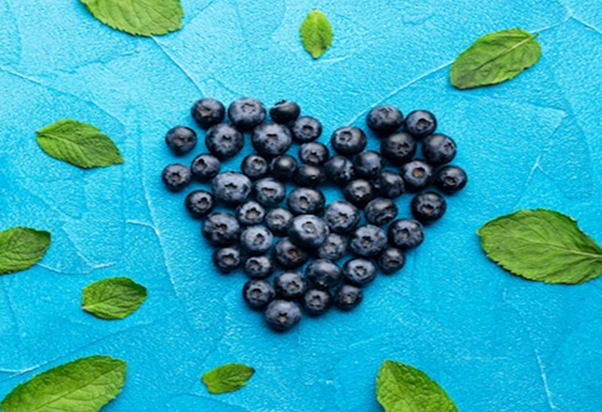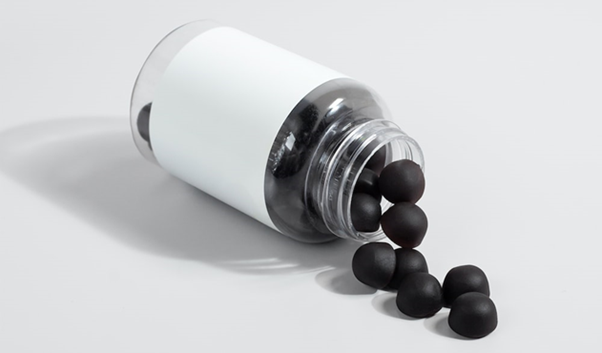Are Elderberries Poisonous? Separating Fact from Fiction

Elderberries have been used for centuries as a natural remedy for various ailments, and they are well-known for their immune-boosting properties. However, there are also concerns about the safety of elderberries, with some people claiming that they are poisonous. In this blog, we will explore the truth behind these claims and provide information on the safe consumption of elderberries.
Understanding Elderberries

The Truth About Elderberry Toxicity
While it is true that certain parts of the elder plant can be toxic, the ripe elderberries themselves are generally safe to consume when prepared correctly. The leaves, stems, and unripe berries of the elder plant contain a compound called glycoside sambunigrin, which can cause cyanide poisoning if ingested in large quantities. Symptoms of cyanide poisoning can include nausea, vomiting, dizziness, and difficulty breathing.
However, the risk of poisoning from consuming ripe elderberries is minimal, especially when they are cooked or processed into syrup or supplements. Cooking destroys most of the toxic compounds found in unripe berries and other parts of the plant, making them safe for consumption.
Safe Consumption of Elderberries

To safely enjoy the benefits of elderberries, follow these guidelines:
- Use ripe berries: Only consume ripe elderberries, which are dark purple in color. Unripe berries, which are green or red, can be toxic and should be avoided.
- Cook elderberries: Cooking elderberries helps eliminate any potentially harmful compounds. Boil or simmer the berries for at least 15 minutes when making syrup or tea.
- Avoid consuming other parts of the plant: The leaves, stems, and roots of the elder plant can be toxic and should not be consumed. Stick to using ripe, cooked elderberries in your recipes and products.
- Buy reputable products: If you are purchasing elderberry supplements or syrups, choose products from reputable manufacturers that use high-quality, organic elderberries. This ensures that you are consuming a safe and effective product.
While certain parts of the elder plant can be toxic, ripe elderberries are generally safe to consume when prepared correctly. By following the guidelines for safe consumption, you can enjoy the immune-boosting benefits of elderberries without worrying about potential toxicity.
OR
FAQS
Is it safe to eat raw elderberries?
Raw elderberries should not be consumed as they contain toxic compounds, like cyanogenic glycosides, which can cause nausea, vomiting, and diarrhea. To safely consume elderberries, cook them thoroughly to neutralize the toxins. Elderberry products like syrup, jam, gummies or tea are typically made from cooked berries and are safe to consume.
Can you eat elderberries straight from the tree?
Is it safe to eat elderberries off the bush?
No, it is not safe to eat elderberries off the bush. The berries are poisonous when raw, and can cause nausea, vomiting, and diarrhea. They must be cooked before consumption. The leaves, stems, and roots of the elderberry plant are also poisonous.
How long to cook elderberries to be safe to eat?
Sure. Elderberries are poisonous when raw, but can be made safe to eat by cooking them for at least 45 minutes. This will destroy the harmful toxins in the berries. You can cook them in water, juice, or wine. Once cooked, elderberries can be eaten plain, used in pies, jams, or syrups, or added to smoothies or other drinks.



